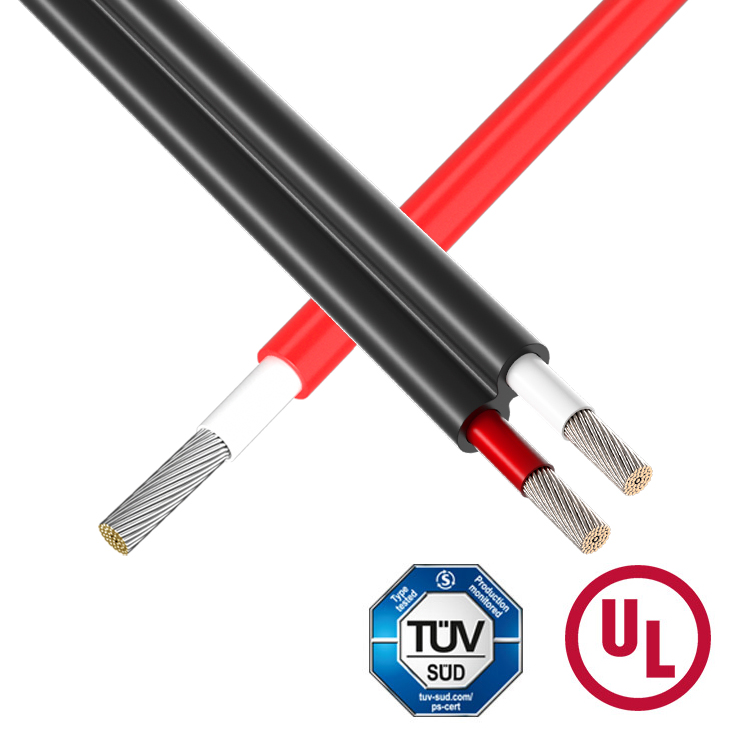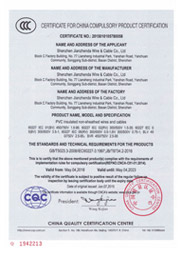 Author: Joey Wan
Author: Joey Wan  September 21,2023
September 21,2023
One of the most commonly used solar cables in the United States is the 10 AWG PV wire. This wire is rated for use up to 600 volts, has a temperature rating of 90°C, and is designed to withstand outdoor environments. It is ideal for use in residential and commercial solar PV systems.
Another popular solar cable is the 6 AWG solar wire. This wire is compact, easy to install, and ideal for large industrial-scale solar systems. The 6 AWG solar wire has a temperature rating of 90°C and is resistant to UV light and moisture, making it suitable for outdoor use.
For those looking for a solar cable that meets specific standards, the UL4703 certification is a must. This certification ensures that the wires meet strict safety and performance standards, making them ideal for commercial and utility-scale solar PV systems.

Additionally, there are a variety of sizes available for solar cables. The 16AWG, 14AWG, 12AWG, and 8AWG PV cables cater to various needs and are compatible with a range of solar panel models and brands.
Single-core wire is another option for those in the market for solar cables. These wires are ideal for wiring the internal components of solar panels, inverters, and other solar PV system components. They typically come in smaller sizes and have a lower current-carrying capacity.
Solar panels require a specific type of wire that is both flexible and durable to withstand various weather conditions. The solar panel wire is specifically designed for this exact purpose. These wires are UV resistant and have cross-linked insulation, making them perfect for outdoor use.
Another type of solar cable is the photovoltaic cable. These wires are designed for use in photovoltaic power systems and are ideal for installations on roofs or in other outdoor environments. They are highly durable and can withstand high levels of heat and exposure to UV light.
